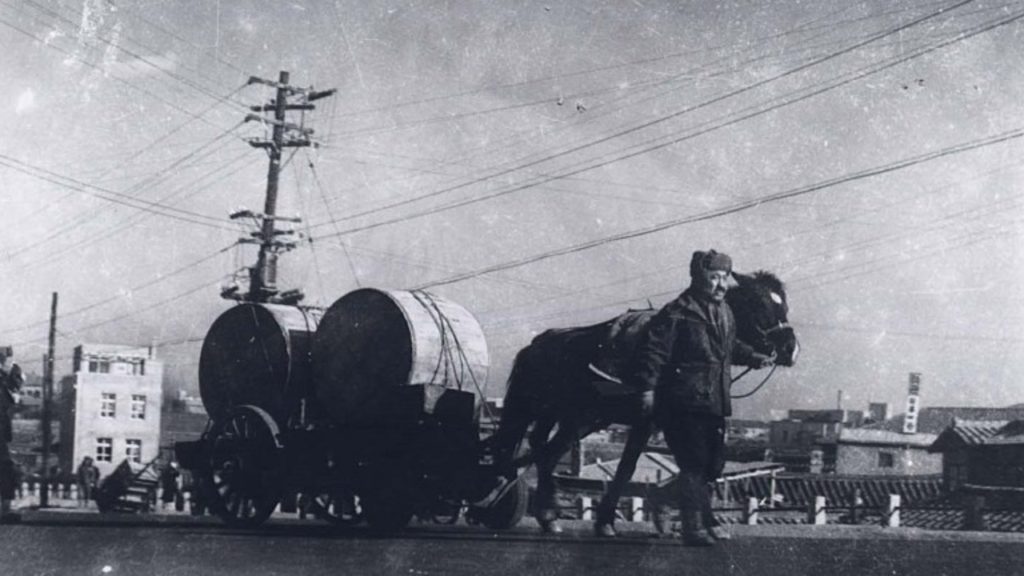The Peninsula
1960 Revolution and Korea's Film Industry

Does society affect the quality of the movies its directors make? Do democracies in fact make better art? Perhaps South Korea can provide an outlook on this question. 1960 is a special year in the country’s political history – a popular protest ousted President Syngman Rhee from office in April after he attempted to hold on to power through a rigged election. This outburst of popular sovereignty appears to coincide with the creation of a series of masterpieces that announced the Korean film industry’s potential to international audiences.
In November 1960, theaters in Korea released “The Housemaid” (Ha-nyeo) – a movie that director Bong Joon-ho described as a major inspiration for his award-winning movie Parasite. A few months after “The Housemaid,” Korean moviegoers were introduced to “Aimless Bullet” (Obaltan) which engaged in commentary on social issues ranging from the division of the peninsula to prostitution on U.S. army bases. Released around the same time, “The Coachman” (Mabu) told a similar story about the difficult lives of everyday Koreans in the post-war shambles – it became the first Korean movie to receive an international award, winning the Silver Bear Extraordinary Jury Prize at the 11th Berlin International Film Festival.
It is likely a stretch to entirely attribute the creative flourish in these years to the political upheaval and the social environment. Color cinematography was introduced to South Korea during this time (as evident in “Prince Yeonsan” from 1961) and investment in the film industry took a major leap with this innovation. But it would also be unfair to deny the impact that the Korean people’s newfound agency had on the nation’s interest in telling deeper and more hard-hitting stories about themselves.
This briefing comes from Korea View, a weekly newsletter published by the Korea Economic Institute. Korea View aims to cover developments that reveal trends on the Korean Peninsula but receive little attention in the United States. If you would like to sign up, please find the online form here.
Korea View was edited by Yong Kwon with the help of Sean Blanco, Marina Dickson, and Jina Park. Picture from the movie The Coachman (1961)
